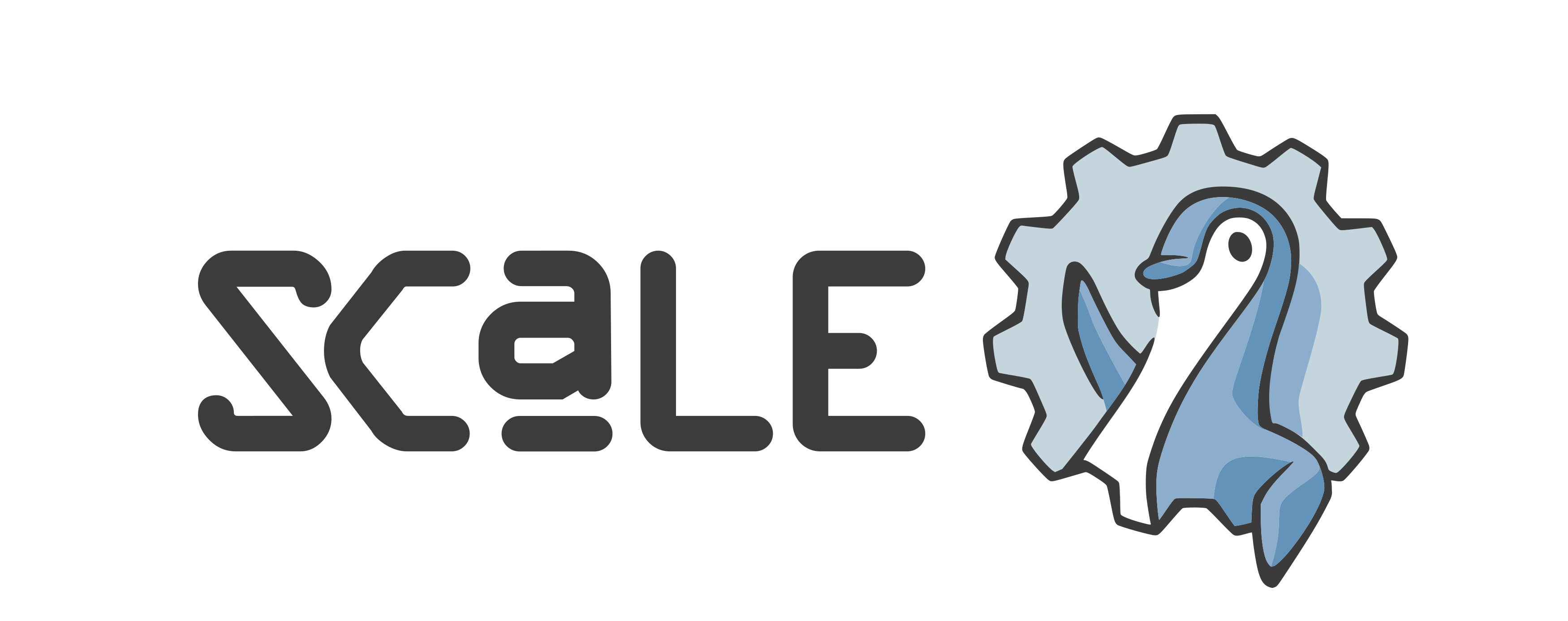
SCALE had a chance to sit down with Cory Fields, a member of the XBMC community, to chat about XBMC and the future of the project.
Q: How did you first get involved with the free & open source community?
A: I first began using Linux as a Windows sysadmin around 8 years ago, in order to rescue broken systems. I dual-booted for a while as I learned the ropes, and finally removed my Windows hard-drive about a year later. Later, one of the businesses that I supported erupted in chaos when they added a few devices to their domain and hit their client-license quota, causing temporary lock-outs. The problem could have been avoided, but I decided at that point that FLOSS software is almost always the only reasonable choice.
Q: How did you get involved with the XBMC project? A: Many years ago I wrote an event-client for XBMC that allowed the Wii controller to be used as a remote. I had been in contact with many of the devs, and I was asked to join on to help with QA.
Q: What is your primary role within the community?
A: I am the Business Relations Manager. I attend most of the shows, helping to find sponsorships and other helpful allegiances. I'm also the gatekeeper for our primary contact email boxes, where I filter out the noise and pass people along to the team as needed. In addition, I am the lead sysadmin for xbmc.org and its kin, though lately I've been deep in the code helping with optimizing for low-power devices.
Q: Are XBMC forks such as Boxee a good thing?
A: Yes and no, of course. Forks can help cater to new markets, or spread the word where marketing may be lacking. They can also allow for the addition of features that a non-profit organization and group of volunteers could not offer. On the flip-side, forks can mark a significant philosophical change in direction and attitude, especially when driven by commercial goals. Often, lofty ambitions to cross-pollinate are lost in the name of meeting a deadline, so well intentioned plans to avoid duplicating work often fall short.
Q: What exciting things are on the horizon for XBMC?
A: The great thing about XBMC is that you will receive a different answer depending on which dev or which user you ask. It takes on many faces. Personally, I see 2012 as the year of XBMC on embedded devices. I hope to see a widely-available hackable hardware configuration selling for sub $100 that is capable of showing XBMC in its full glory.
Q: Do you think we will ever see support for services like Netflix & Amazon Video On Demand for XBMC?
A: This is a very complicated issue, as I'm sure Boxee would say. An official means of streaming from Netflix or Amazon is unlikely until a suitable unlicensed API is created to allow it. And that unlicensed API is unlikely to surface any time soon, as the content producers demand a secure path from the provider all the way to the screen. This may be possible in the future, though, as XBMC is ported to more and more SOCs that are able to address some of these concerns.
In addition, many providers or aggregators like Netflix often impose strict guidelines over how their content may be offered (down to the background color and fonts used). These restrictions are generally incompatible with spirit of free software, even if they may be technically achievable via embedding an external application into another, or other equally clumsy mechanisms.
Q: The XB in XBMC used to stand for X-Box...now that the original Xbox is now long officially supported, what does that XB stand for? :)
A: Officially, nothing. We originally tried to shoe-horn in some shiny new meaning, or give it a gnu-style recursive acronym, but we were never satisfied with anything that arose. We considered a name-change, but decided that the XBMC branding was too strong to give up. So officially, XBMC is not an acronym. But if you must expand it, fill it in however you'd like :) Thanks to Cory for taking the time to speak with us!
